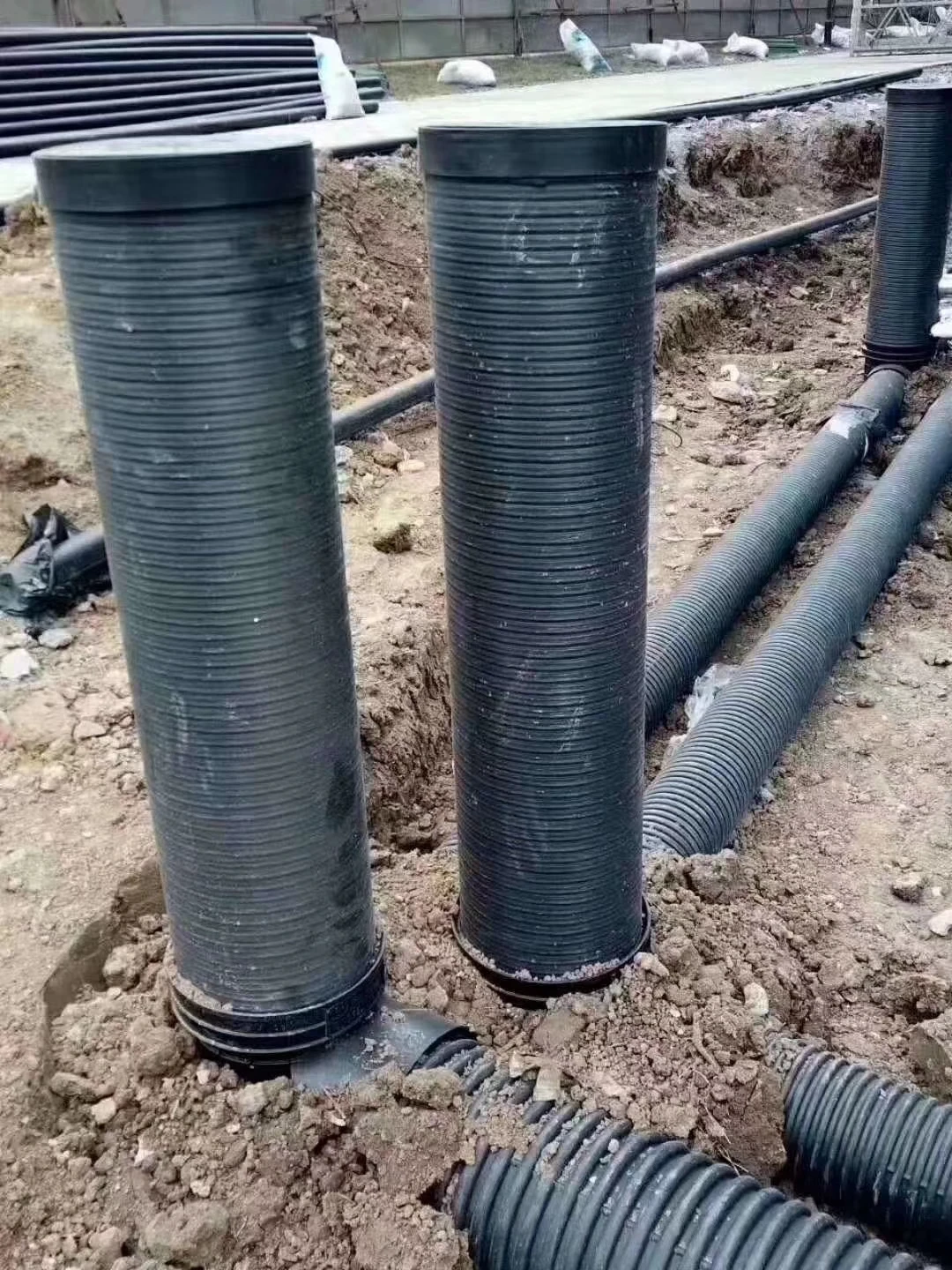Oct . 01, 2024 17:27 Back to list
Applications and Benefits of HDPE Pipe in Various Industries and Construction Projects
The Versatile Applications of HDPE Pipe in Modern Infrastructure
High-Density Polyethylene (HDPE) pipes have emerged as a cornerstone in various industrial applications due to their remarkable strength, durability, and resistance to a wide range of chemicals. The unique properties of HDPE make these pipes an ideal choice for a multitude of uses, particularly in the water, gas, and sewage systems. This article delves into the diverse applications of HDPE pipes and highlights their significance in modern infrastructure.
Exceptional Durability
One of the most significant advantages of HDPE pipes is their exceptional durability. Unlike traditional materials such as steel or concrete, HDPE is resistant to corrosion, which makes it suitable for underground installations. This resistance extends the life expectancy of the pipes significantly, often exceeding 50 years or more. As infrastructure projects require long-lasting solutions, the longevity of HDPE pipes makes them a cost-effective choice in the long run, minimizing the need for frequent replacements or repairs.
Water Distribution Systems
HDPE pipes play a crucial role in water distribution systems. Their smooth inner surface reduces friction, allowing water to flow more efficiently. This smoothness not only leads to lower energy consumption but also minimizes the risk of biofilm formation within the pipes, ensuring clean and safe drinking water. Additionally, HDPE pipes are lightweight and easy to handle, enabling quicker installation and reducing labor costs. Municipalities around the world are increasingly opting for HDPE in their water supply systems to meet evolving needs for safety and efficiency.
Sewage and Wastewater Management
In sewage and wastewater management, HDPE pipes offer an effective solution for the transportation of municipal waste. Their resistance to chemicals and low permeability minimizes leakage, which is critical in preventing groundwater contamination. Furthermore, HDPE pipes can withstand varying temperatures and pressures, making them suitable for environments where thermal and mechanical stresses are present. As cities grapple with aging sewage systems and need for upgrades, HDPE pipes provide a modern alternative that ensures system integrity and performance.
hdpe pipe use product

Gas Distribution
The use of HDPE pipes in natural gas distribution systems has increased significantly in recent years. Their ability to withstand the pressure and maintain safety in transporting gas has made them a preferred choice for utility companies. HDPE pipes are highly resistant to abrasion and stress, which is essential in maintaining the integrity of gas lines laid under varying soil conditions. Additionally, the lightweight nature of these pipes translates to easier handling and installation, reducing downtime during construction projects.
Industrial Applications
Beyond municipal applications, HDPE pipes are also gaining traction in various industrial sectors. They are commonly used for transporting chemicals, agricultural runoff, and even in mining operations due to their chemical resistance. Agriculture, in particular, benefits from HDPE’s flexibility and durability when used for irrigation systems and drainage. The adaptability of HDPE pipes to different terrains and climates makes them a reliable choice for farmers looking to optimize water usage and improve crop yield.
Environmental Considerations
In today’s environmentally conscious society, the sustainability aspect of HDPE pipes cannot be overlooked. Made from recyclable materials, HDPE pipes are a more eco-friendly option compared to traditional materials. Their longevity and reduced maintenance requirements also contribute to lower environmental impact over their lifecycle. As infrastructure projects increasingly focus on sustainability, the adoption of HDPE pipes aligns well with global efforts to improve resource efficiency and reduce waste.
Conclusion
In summary, the multifaceted applications of HDPE pipes underline their importance in contemporary infrastructure. From water distribution and sewage management to gas delivery and industrial uses, HDPE pipes offer a reliable, durable, and sustainable solution. As technology evolves and demands on infrastructure grow, HDPE pipes will undoubtedly continue to play a vital role in building the resilient and efficient systems of tomorrow.
-
High-Quality PVC Borehole Pipes Durable & Versatile Pipe Solutions
NewsJul.08,2025
-
High-Quality PVC Perforated Pipes for Efficient Drainage Leading Manufacturers & Factories
NewsJul.08,2025
-
High-Quality PVC Borehole Pipes Durable Pipe Solutions by Leading Manufacturer
NewsJul.08,2025
-
High-Quality PVC Borehole Pipes Reliable PVC Pipe Manufacturer Solutions
NewsJul.07,2025
-
High-Quality UPVC Drain Pipes Durable HDPE & Drain Pipe Solutions
NewsJul.07,2025
-
High-Quality Conduit Pipes & HDPE Conduit Fittings Manufacturer Reliable Factory Supply
NewsJul.06,2025

